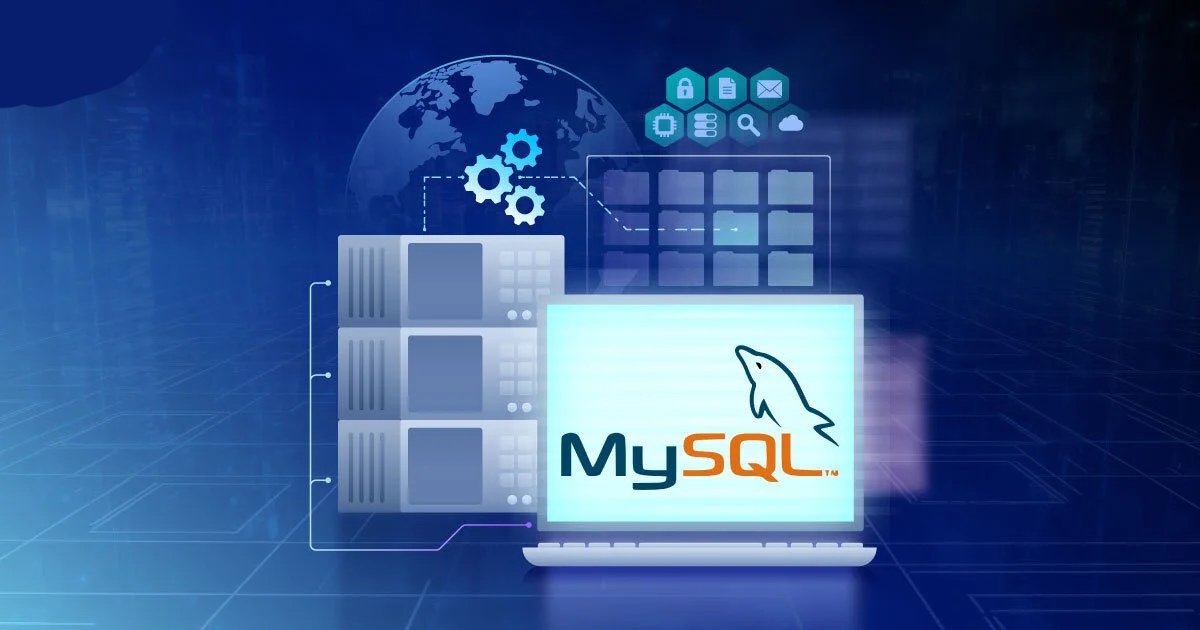
SQL/PLSQL
This course is designed to provide a comprehensive understanding of SQL (Structured
Query Language) and PLSQL (Procedural Language for SQL). Participants will learn
the fundamentals of database management, querying, and programming using SQL,
and delve into the advanced features of PL SQL for developing robust and efficient
database applications.
Frequently Asked Questions
No, PL-SQL and SQL are not the same. SQL is a standardized language for querying databases, while PL-SQL is an extension that adds programming features like loops and variables to SQL within the Oracle database environment.
SQL vs. PL-SQL: SQL: A universal query language for relational databases. It allows you to interact with data using standardized commands for tasks like retrieval, insertion, updates, and deletion. PL-SQL: An extension for SQL specifically within the Oracle database environment. It adds procedural programming capabilities like loops, conditional statements (if/else), functions, variables, and exception handling on top of core SQL functionality. Think of SQL as a general toolset for working with relational databases, and PL-SQL as an extension kit that adds extra functionalities specific to the Oracle database.
The full form of PL-SQL is Procedural Language extensions to the Structured Query Language.
PL-SQL vs. T-SQL: Focus: Both are extensions to SQL for specific database environments, but for different products. PL-SQL T-SQL (Transact-SQL) Functionality: Both offer procedural programming capabilities on top of core SQL, but with slight variations. PL-SQL T-SQL Availability: PL-SQL is specific to the Oracle database, while T-SQL is used within the Microsoft SQL Server environment.
PL-SQL straddles the line. It has its own syntax and can build complex programs, but it's designed specifically for the Oracle database. Think of it as a powerful extension to SQL that lets you write programs within the Oracle environment.
Here's a basic roadmap for writing PL-SQL code: Understand SQL Learn PL-SQL syntax Develop logic Use an IDE Test and refine
Yes, PL-SQL skills can be a valuable career asset. The demand for Oracle developers is high, and expertise in PL-SQL positions you for well-paying jobs. With strong skills, you can work on interesting database-driven projects and enjoy stability within the Oracle ecosystem.
While there isn't a single inventor credited for PL-SQL, its development is closely associated with Peter Clare. He played a pivotal role in shaping the language during his time at Oracle Corporation.
Generally, SQL is faster than PL-SQL for simple tasks.
Here are a few ways to run PL-SQL code: SQL*Plus SQL Developer Embedded in Applications Web-based interfaces
1. Understand Database Concepts
2. Master SQL Basics
3. Advanced SQL Techniques
4. Introduction to PLSQL
5. Procedural Programming in PLSQL
6. Stored Procedures and Functions
7. Exception Handling
8. Triggers and Cursors
9. Optimizing SQL and PLSQL





